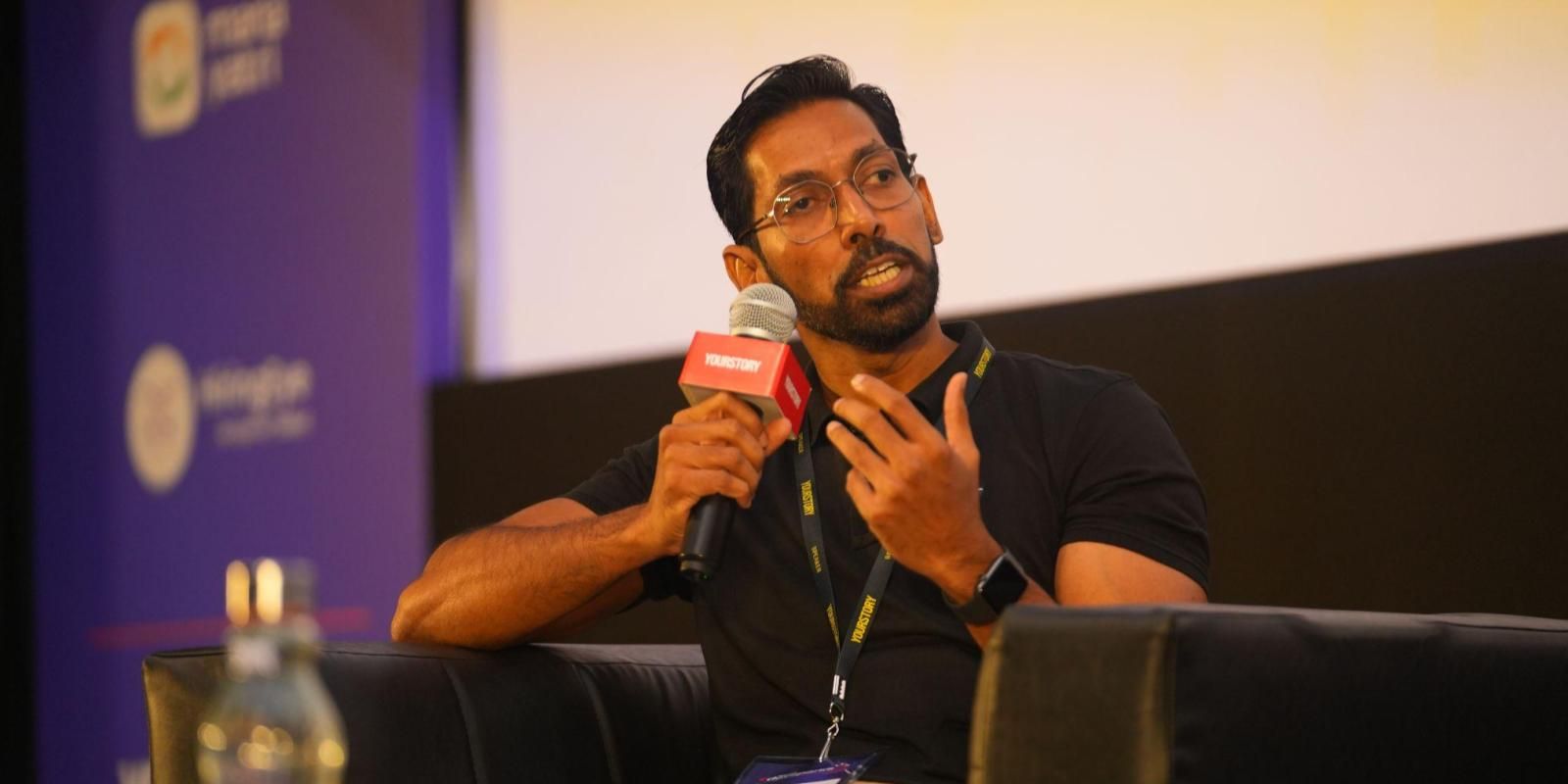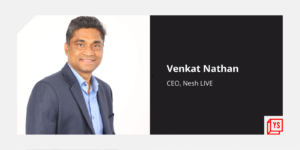As the country shifts to decentralised IT systems, companies are leveraging both distributed cloud computing and edge computing for real-time data processing, problem-solving, and boosted security.
However, there is no single best approach to computing, said Srikanth Gaddam, CTO of B2B fintech startup, .
“There is no one approach: both are very good computing approaches, both solve very good use cases,” said Gaddam, in a fireside chat at DevSparks 2024, YourStory’s developer-focused conference, in Hyderabad.
“A lot of advances in the cloud have enabled both distributed computing and edge. What is changing is there are more devices which are getting more and more powerful, which we didn’t have earlier. Today, the number of IoT devices has crossed more than 50 billion; all these IoT devices are edge computing devices,” Gaddam told a packed audience.
Edge computing processes data directly on or near the device where it’s created, allowing for quick responses with minimal delay. While cloud computing handles large-scale data and complex analysis on remote servers. However, sending data to the cloud may take time due to data travel on the internet.
The Indian edge computing market is set to grow at a 13.40% CAGR from 2024 to 2032, according to IMARC Group. The distributed cloud market, valued at $4.2 billion in 2022, is expected to grow at a CAGR of over 19.5% from 2023 to 2032, according to a report by Global Market Insights.
Technology must solve problems
The tech leader believes that, ultimately, any innovation must focus on solving a particular problem.
Citing the example of self-autonomous vehicles, Gaddam highlighted how computing power has moved closer to vehicles, allowing self-autonomous vehicles to process large amounts of data—such as image and video data—from various sensors, directly on the device. This has to happen instantaneously.
“I wouldn’t say look at one particular approach, but it’s a mix of approaches which I have been following. That’s what would yield the results, because there’s a mix of both edge and cloud computing,” explained Gaddam, who was earlier the senior director of database engineering at HighRadius and the head of engineering at FITTR.
The CTO said that a lot of the problems that were unsolved earlier are being solved today just because of the availability of technology.
“We have CCTV surveillance everywhere. India is growing fast in CCTV surveillance. Now, can there be action taken through the CCTV surveillance? Think of the system, that particular camera that is recording. It captures an incident that could be a traffic coalition or an emergency. Now, can it assess what it is and provide the first-aid response and emergency response to that particular incident?” he said.
Developers turn entrepreneurs
Gaddam further noted the trend of many developers taking a leap into entrepreneurship. He stated that individuals from tech backgrounds are embracing entrepreneurship. The younger generation—often from families with tech industry ties—are willing to take risks and explore new ideas, rather than pursuing conventional roles in established companies.
Developers are looking to solve problems at scale and provide scalable solutions using technology. They are increasingly keen to wear the “business hat” and take their solutions to the market, he said.
“The awareness is lot more and people are not shying away from taking that risk to start up,” he added.
Gaddam, who previously co-founded MobileWays, a mobile app development company, also pointed out that developers often associate themselves as doers, and that must change.
“Both the doers and thinkers have to be the same. So developers associate themselves as doers. “Hey, tell me what to do and I’ll do’ … To all the developers, wear the hat of a thinker. Once you wear the hat of a thinker, you will get the chance to think deeper, than the product and the business. That’s when you transition into becoming leaders,” he remarked.
Gaddam has mentored startups through the Pilani Innovation and Entrepreneurship Development Society at BITS Pilani since February 2020. His expertise spans database engineering, security standards, and technology solutions.
What Zaggle does
Founded in 2012 by Phani N Raj, Zaggle stands at the intersection of software-as-a-service (SaaS) and financial technology, specialising in business spend management. The Hyderabad-based publicly listed company predominantly caters to corporate clients by streamlining their payment and expense processes.
Zaggle’s profit soared 8.3 times to Rs 16.7 crore in Q1 FY25, compared to Rs 2 crore in Q1 FY24. The firm’s revenue from operations more than doubled, reaching Rs 252 crore, up from Rs 118.4 crore in Q1 FY24.










